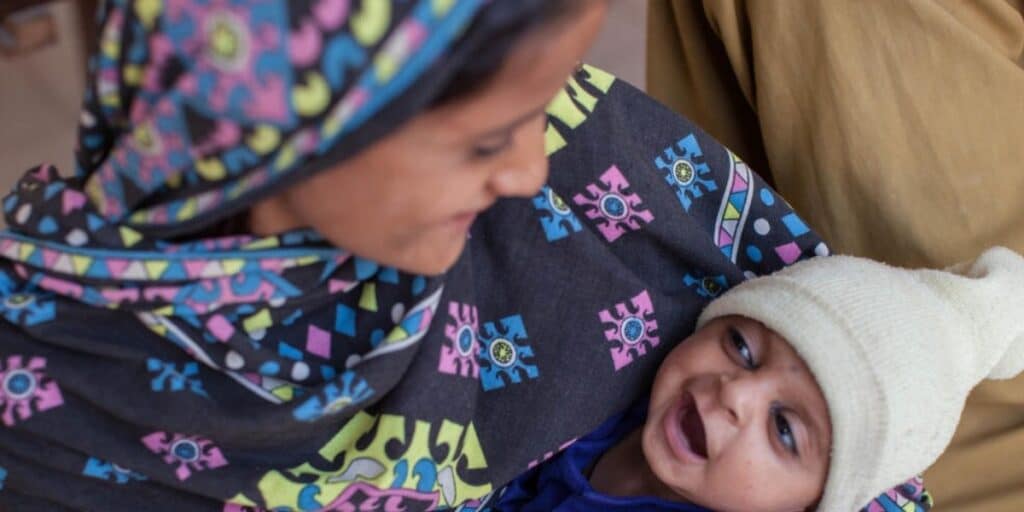Quetta: The Balochistan government has announced plans to extend community midwife services to every village in an effort to strengthen matern and child healthcare.
Provincial Health Minister Bakht Kakar revealed that the initiative includes recruiting additional midwives, establishing new training institutes, and providing modern medical equipment to support their work.
According to the Health Department, 1,255 trained midwives are currently serving across the province, while another 295 are undergoing training.
Officials believe this expanded network will play a crucial role in reducing maternal and infant mortality rates in remote and underserved rural areas, ensuring safer pregnancies and improved neonatal care.
Maternal and child health in remote parts of Balochistan has faced long-standing challenges rooted in geography, poverty, and limited infrastructure.
The province covers nearly half of Pakistan’s land area but has a sparse population scattered across rugged mountains and desert terrain, making access to clinics or hospitals extremely difficult. Many villages lie hours away from the nearest health facility, and roads are often unpaved or impassable in bad weather, delaying urgent care during pregnancy or childbirth.
Decades of underinvestment have left rural communities with few skilled birth attendants, shortages of trained doctors and nurses, and inadequate supplies of essential medicines.
Antenatal and postnatal check-ups are infrequent, and emergency obstetric services are scarce.
These factors contribute to some of the highest maternal mortality ratios in the country, along with elevated rates of infant and neonatal deaths.
Malnutrition, anemia, and lack of awareness about prenatal health further compound the problem.
Cultural practices also play a role: many women cannot travel alone or make independent health decisions, which delays treatment.
Vaccination coverage for newborns and young children remains inconsistent, increasing vulnerability to preventable diseases.
Government and aid agencies have introduced initiatives such as Lady Health Workers and community midwife programs, but staffing gaps and retention difficulties persist, especially in far-flung districts.
Expanding community midwife services, as recently announced, directly targets these gaps.
By recruiting and training local women, equipping them with modern tools, and embedding them within their own villages, Balochistan aims to provide timely prenatal care, skilled birth attendance, and basic newborn health services.
ALSO READ: CM Bugti directs health campaign in prisons; diseases detected in Pishin Jail
If sustained with proper funding, supervision, and community engagement, such programs can significantly reduce maternal and infant mortality and improve overall health outcomes in the province’s most isolated





